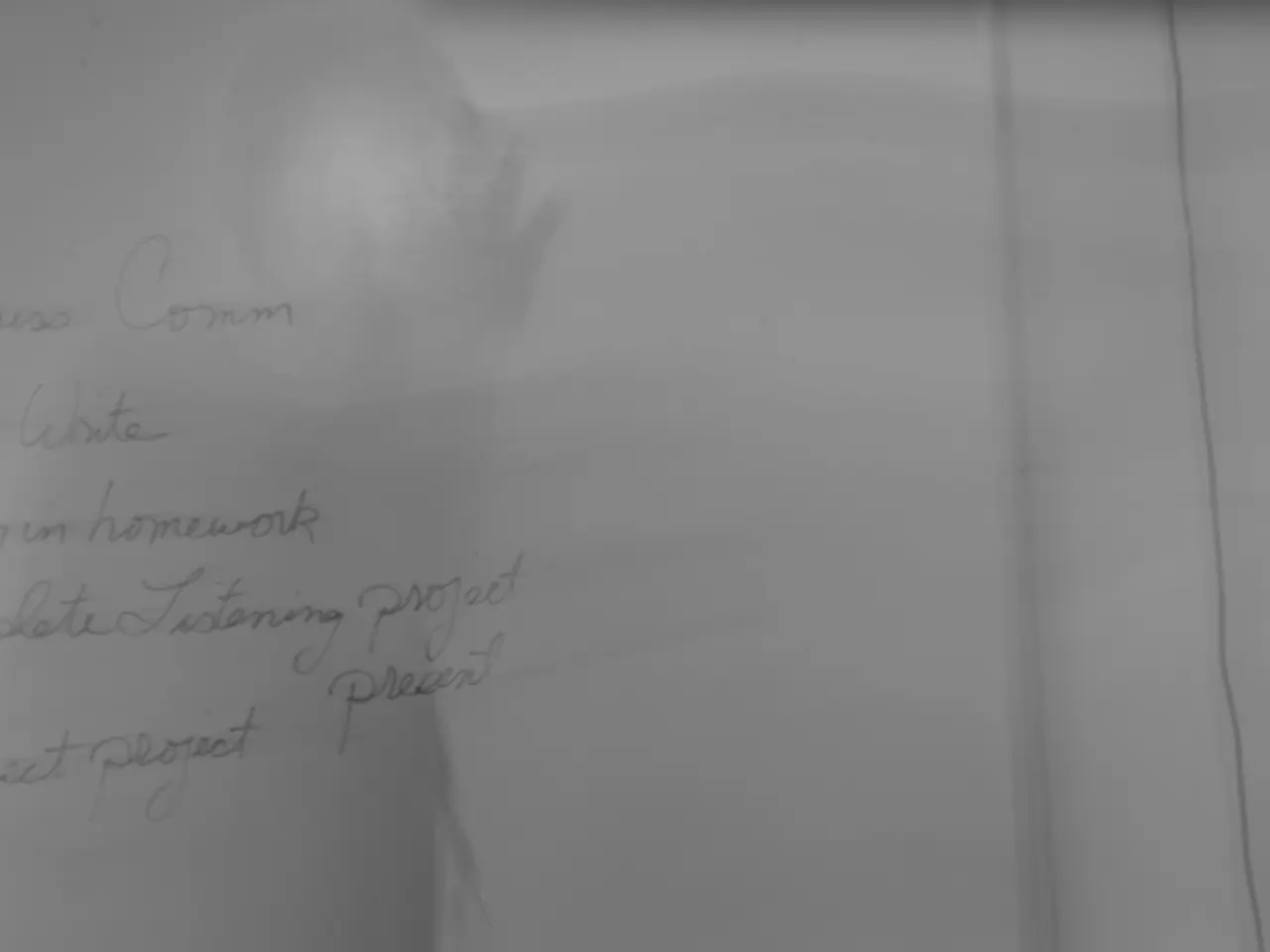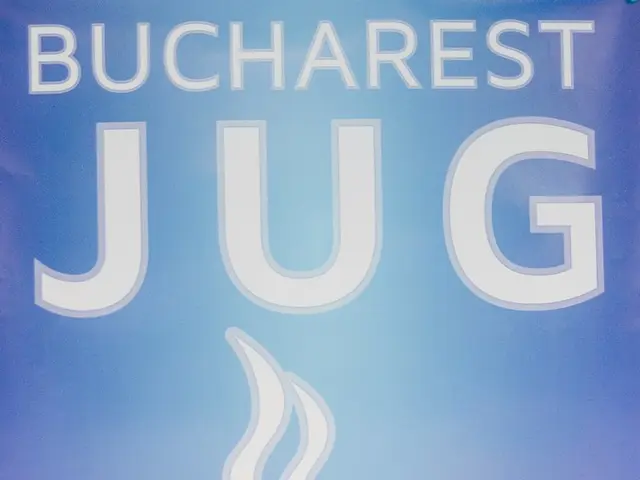Contentious Labour wealth tax proposal sparks debate within the Cabinet, with one minister dismissing it as foolish and urging left-wing lawmakers to adopt a more pragmatic approach and abandon their reliance on imaginary funds.
The Office for Budget Responsibility (OBR) has forecasted a surge in revenues for the year 2025-26, but the tax burden is set to hit a new high as a result of the last Budget's £41 billion increase. This increase has sparked concerns from Labour officials, with Jonathan Reynolds, the Business Secretary, ruling out a wealth tax and expressing frustration over mounting demands from left-wingers to increase taxes on the rich.
Opponents of a wealth tax argue that it could stunt economic growth, face severe practical implementation hurdles, undermine the UK's competitiveness, and possibly fail to raise the projected revenues efficiently.
One of the main concerns is the potential harm to economic growth. A wealth tax could make savings and investments less attractive, discouraging entrepreneurship and business ownership, which may reduce economic growth and competitiveness.
Introducing a wealth tax would make the UK an outlier, as only a small number of OECD countries currently levy net wealth taxes. This could deter wealthy individuals and investors from staying or investing in the UK, potentially harming the economy.
HM Revenue & Customs (HMRC) currently lacks sufficient data on property and pensions to administer a comprehensive wealth tax. Developing the necessary systems could take several years, making immediate rollout problematic.
Key Labour figures, including Rachel Reeves, have expressed mixed messages and hesitation about a wealth tax, leading to uncertainty. Historical proposals have focused on reforming existing taxation on wealth rather than introducing a new wealth tax.
Critics also highlight inconsistencies and lack of transparency in revenue projections from various wealth tax proposals, raising questions about their feasibility and overall fiscal effectiveness.
Moreover, previous or existing wealth taxes have often seen extensive avoidance and evasion, limiting their effectiveness and causing enforcement challenges.
Despite the Chancellor not ruling out a wealth tax, Jonathan Reynolds has dismissed the prospect, stating that there is no 'magic' wealth tax that exists anywhere in the world. He cites Switzerland's levy as an example but notes that it does not have capital gains or inheritance tax.
Rachel Reeves, on the other hand, has increased the lower rate of Capital Gains Tax from 10% to 18% and the higher rate from 20% to 24%. However, analysts have warned that this increase is already 'backfiring', with the receipts for 2024-25 being around £200 million lower than the Treasury's OBR watchdog had anticipated.
In the first six months of this year, the tax raked in £11.8 billion, compared to £13.5 billion during the same period in 2024. Despite these challenges, Reeves is seeking options to increase taxes due to an estimated £30 billion black hole in the public finances at the Autumn Budget.
Jonathan Reynolds warns that there is no 'magic' way of bringing in money for the Treasury through a wealth tax, reiterating the concerns about its feasibility and potential impact on the economy.
Finance and business sectors are closely watching the ongoing debate about a wealth tax in the UK, as it could have significant implications for economic growth and competitiveness. The introduction of a wealth tax could face numerous challenges, including potential practical implementation issues, questioning its overall fiscal effectiveness, and concerns over deterrence of wealthy individuals and investors. Critics also point out inconsistencies in revenue projections and historical issues with avoidance and evasion. Despite some political figures advocating for reforming existing taxation on wealth, opponents argue that a new wealth tax may not be the solution to bridging the estimated £30 billion black hole in the public finances.




